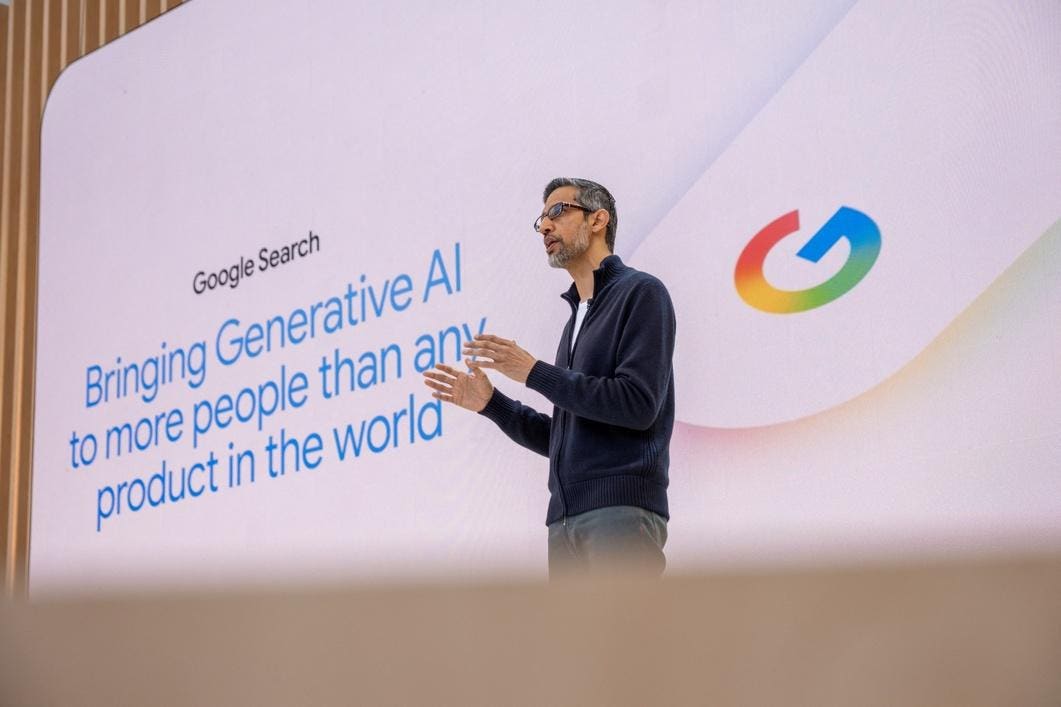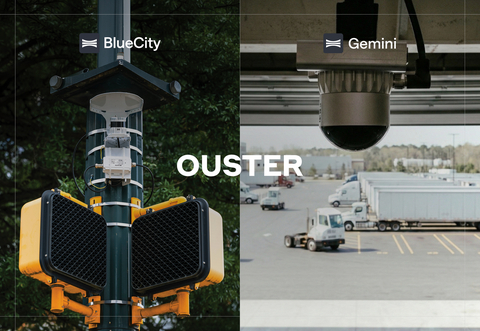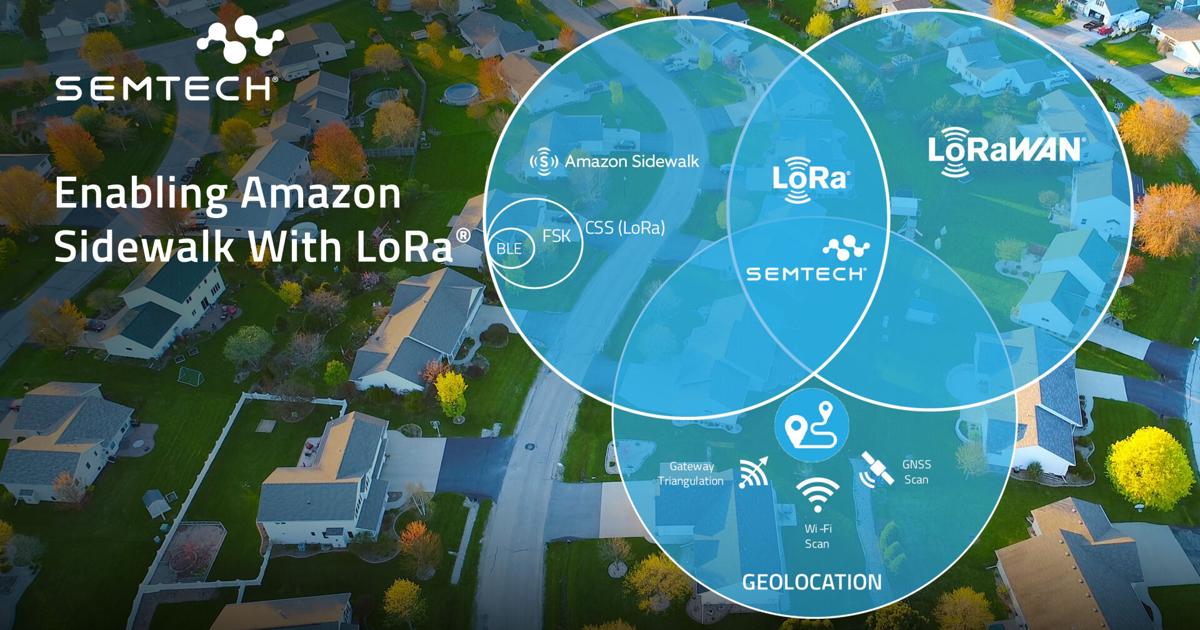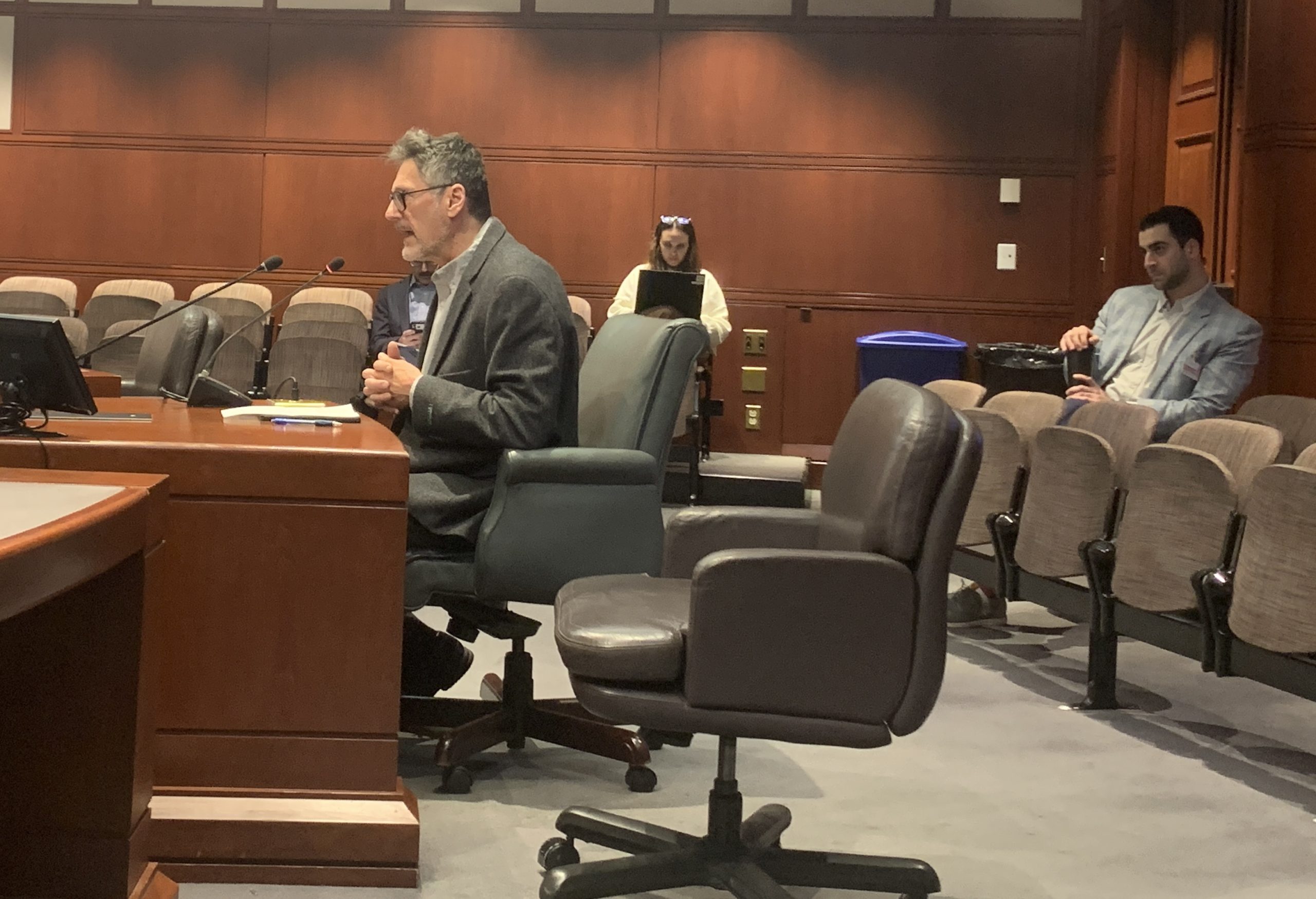Technologists and venture capitalists have long believed that one of the great hopes for artificial intelligence is its ability to level the playing field for small businesses. Many have claimed that AI tools across various areas will help small businesses focus more on product development and quality, and less on other operational demands. For startups, there is hope that AI tools will allow them to accelerate growth, moving from a seed round to a Series B or C depending on their industry. If true, AI could truly become the great equalizer it is often portrayed to be, allowing new products to compete more quickly and easily with market leaders.
There are several applications for artificial intelligence in small businesses. In fact, they mirror those of large companies: improving efficiency, reducing costs, and leveraging the cloud-based, no-code nature of major AI software. In addition, AI promises to automate marketing processes, improve sales lead generation, and transform accounting practices.
Today, most small businesses with an online presence use Google Ads to market their products or services. Google Ads is the company’s online advertising platform where businesses pay, through an auction process, to show their ads in search results, on YouTube, in Google Maps, and during shopping searches. Small businesses can choose their keywords, select the sites where their brand will appear, and leverage the vast Google network to amplify their marketing reach.
TOPSHOT – Google CEO Sundar Pichai addresses the crowd during Google’s annual I/O developers conference in Mountain View, California on May 20, 2025. (Photo by Camille Cohen / AFP) (Photo by CAMILLE COHEN/AFP via Getty Images)
AFP via Getty Images
However, the Google system can be difficult to manage. Many small businesses do not fully understand the auction process and end up overpaying. They may not know how to target their ads effectively and often lose money as a result.
Adrian Aidid is a serial entrepreneur and investor focused on building brands within the Google ecosystem. He is the Founder and CEO of LDX Digital, a Google and YouTube Ads agency that has helped brands such as Hike Footwear and Cocunat grow from zero to over $100 million in annual sales. The agency’s expertise lies in developing creative tools that leverage the Google ecosystem, including funnels, creatives, video ads, and landing pages with high-performing copy for Google and YouTube.
Google Marketing Ecosystem Expert
Adrian Aidid
Aidid believes that Google’s ecosystem advantage is difficult to beat, which is why artificial intelligence tools may struggle to shift loyalties. “Google’s ecosystem has a huge advantage, one giant moat. They’ve been collecting data for years across multiple channels. There’s trust in Gmail, Chrome, YouTube, Search, and Maps. AI is only as good as the signals and data you feed it, and arguably there is no better data collection machine than Alphabet’s Google. They’ve been doing it for over 25 years without even needing it. AI is the perfect intersection for them.”
Still, AI tools such as ChatGPT, Perplexity, Claude, and Google’s own Gemini are promising to make many of these processes easier. These tools are already simplifying copywriting and content creation, generating images, and identifying SEO terms faster than ever before. Traditional agencies, including newsletter providers and advertising firms, have launched tools to help personalize marketing like never before. The opportunities for predictive analytics and performance evaluation also promise to help small businesses launch better products before committing significant resources to development or advertising.
Aidid is not convinced these tools will be able to create an ecosystem that rivals Google, even if they can assist in specific areas like copywriting. His firm, LDX Digital, currently manages over $11 million in ad spend each month for growing businesses and has scaled eight brands to more than $100,000 in daily ad spend on Google and YouTube, achieving some of the highest new customer growth rates for clients.
If the predictions are correct, AI will greatly benefit small businesses and early-stage startups by reducing the time and cost spent on many business processes. Those savings can then be redirected toward product development, quality service, and technology. On the other hand, the world already “Googles it,” and consumers may not be ready to move to a new ecosystem.








